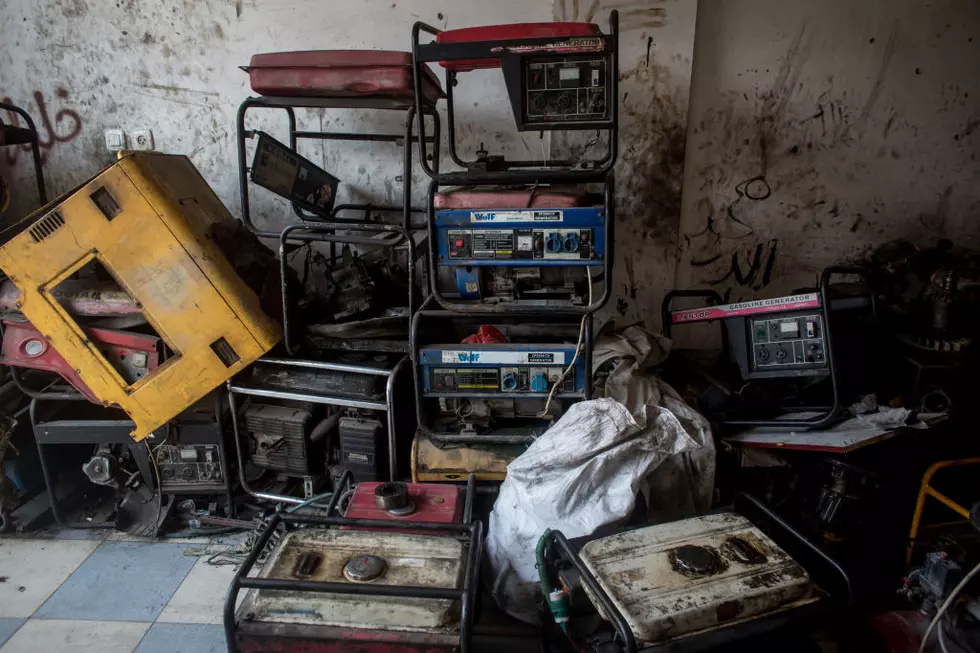
Generators. Is Now The Time To Buy?
Is now the time to buy a Generator?
With the power situation across the State of Texas looking like it may extend into the weekend, There are folks who are looking into the possibility of buying a Generator. While these are worthwhile investments there are certainly a few things you need to look for and considerations you need to look into.
For starters it's not as easy as just going to your favorite big box hardware store and just grabbing one off the shelf. Let's start with what exactly a generator does. In the most basic sense a Generator is a gasoline or diesel motor (solar and wind driven are also available) attached to a dynamo that creates electricity. The amount varies from model to model but as a general rule you want to be able to generate more electricity than what your peak demand is
Do you really need a generator?
How often do you lose power? Is it frequent and for extended periods of time? Generally speaking most power outages last 3 hours on average. Are you able to safely stay in your home and keep it warm or cool for this period of time? How about food supply. If this is a concern buying a generator definitely gives you peace of mind.
Just How Much Capacity You Need?
Now here comes the hard part, figuring out what you want to power up. Lighting is always a need as well as keeping food refrigerated, you want to avoid climate systems as they are a heavy draw on the system. Here's how you do the math. It's all about wattage. Think of a 60 watt light bulb, if your generator puts out 2000 watts you can run 33 lamps. Obviously you have other items like the refrigerator, but you're not gonna have a nice label like a light bulb. Check your refrigerator for it's service tag, you will find the voltage and the amps. It's not watts but you can easily find out by multiplying volts x amps to get watts. When you sum up what you want you can then determine how big a generator you need. You wont be able to run an entire house off of a portable system, there are much bigger Home-Standby and Whole-House units for these which run on Propane or Natural Gas with a higher price tag.
By The way, Here's the math on some of the items in your home:
- The Fridge 700-2000 watts
- Space Heaters 1000-1500 Watts
- 4 Burner Electric Range 2000 Watts
- Well Pump 1300 Watts
- Sump Pumps 1000 Watts
Accessories Count
Your thin two wire two pin extension cord wont cut it here, you want a heavy duty extension cord designed to handle the load and to do things right you want to have a transfer switch wired into your main breaker box. The reason for this is many home circuits aren't designed to handle more than 15-20 amp loads and for older homes this may present a fire hazard as well. The transfer switch also ensures that generated electricity doesn't return to the grid and possibly injure those who are doing repairs on your line.
Have plenty of fuel available. Most generators can run up to 16 hours and generally have tanks that hold up to 10 gallons of fuel. Your one gallon can that runs your lawn mower wont cut it here. A few jerry cans go a long way.
Safety First
Now you're dealing with a motor that puts out exhaust fumes and is powered by flammable gas. This is one device you DON'T want in the garage or anywhere inside your home. Keep this at least 20 feet away from your home to play it safe.
Want to learn more? Consumer Reports has an excellent guide worth looking into.



